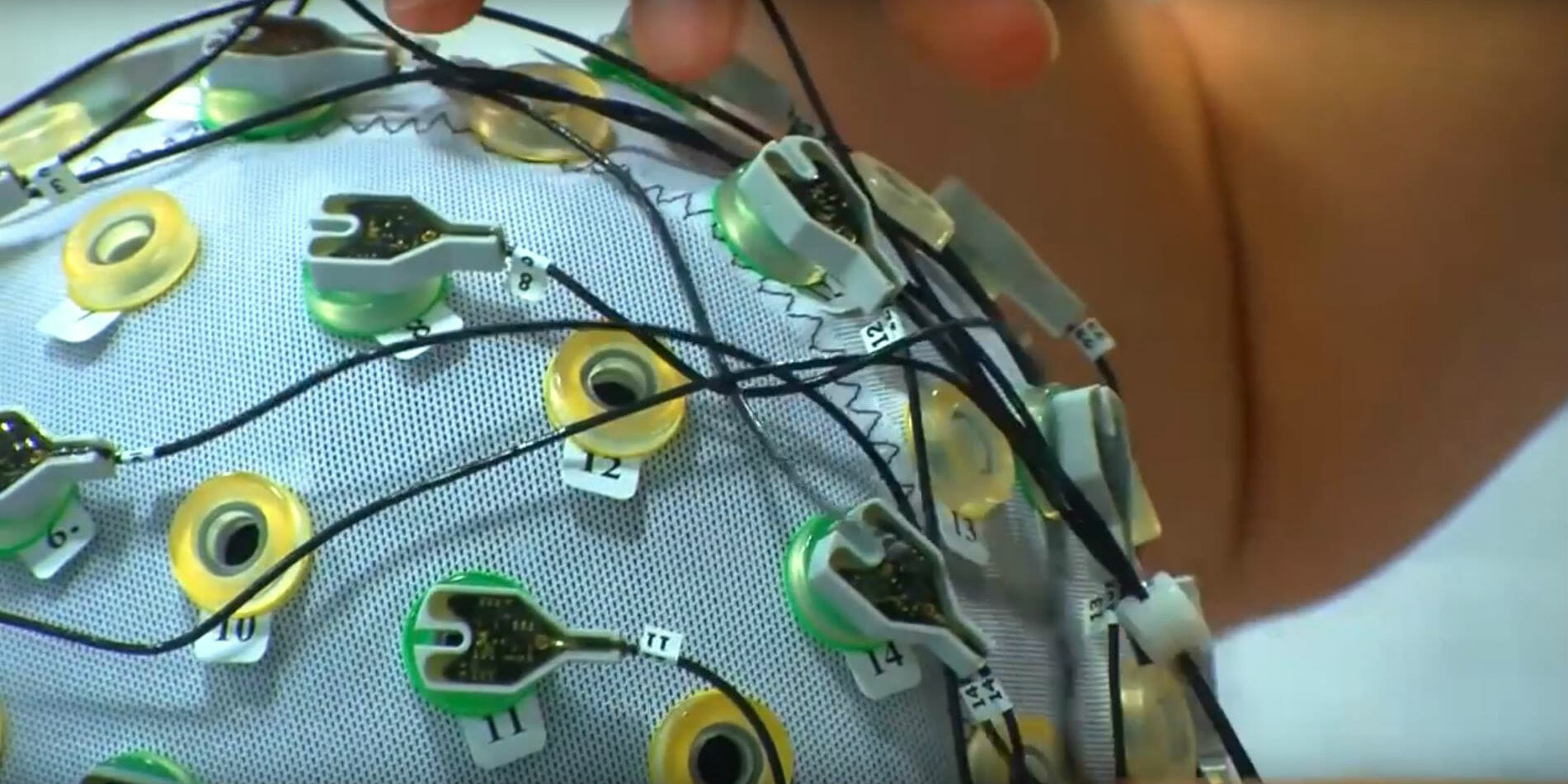The dystopian worlds of literature and film typically revolve around intrusive surveillance techniques used to monitor individuals. What were once considered fantasies derived from our greatest fears on where the world is heading are now very much a reality.
Industries in China are reportedly monitoring employees’ brainwaves using small sensors placed under their headgear. The brain activity data gathered from the devices is analyzed by AI to indicate when an employee is tired, anxious, or full of rage. The lightweight electroencephalograms, or EEGs, are stealthily hidden in regular safety helmets and hats. This sort of technology has been in use around the world for years as a way to diagnose brain disorders, but China is the first to use it for industrial applications.
With the increased level of insight into the emotions of employees, managers can alter workflows to offers breaks when required or increase workloads when the brain is understimulated. The State Grid Zhejiang Electric Power Company claims its profits increased by $315 million since it started using the technology in 2014. Ningbo Shenyang Logistics uses it to train new employees with virtual reality headsets and claims to have boosted profits by $22 million.
“It [brain sensors] has significantly reduced the number of mistakes made by our workers" because of “improved understanding” between the employees and company, Zhao Binjian, a manager at Ningbo Shenyang Logistics, told the South China Morning Post.
Another Chinese technology firm using the device, Hangzhou Zhongheng Electric, told the Hong Kong-based news outlet the primary goal of tracking worker’s emotion is to optimize productivity by reducing stress. While that sounds like a noble objective, critics will argue the ability to tap into someone’s emotions is a significant breach of privacy and could spawn some undesirable uses. For example, if the technology advances, the government could use it to detect how individuals feel about certain legislation, acting as an always-on lie detector test of sorts.
The South China Morning Post says the technology is in widespread use across the country and is mostly deployed in factories, public transport, and state-owned operations including the military. It’s also being tested on patients in hospitals to warn nurses of a sudden outburst and on pilots to determine if they are fit to fly.
There are several different companies working on the technology, including Neuro Cap, a government-funded brain surveillance project from Ningbo University. Jin Jia, associate professor of brain science and cognitive psychology, told the South China Morning Post that managers will give workers a day off or make them do less important tasks if the brain-scanning system triggers a warning. She said after an initial fear that the helmets read minds, workers “got used to the device.”
Another firm working on its own brainwave hat, Deayea, says its version can measure fatigue and attention loss with more than 90 percent accuracy.






